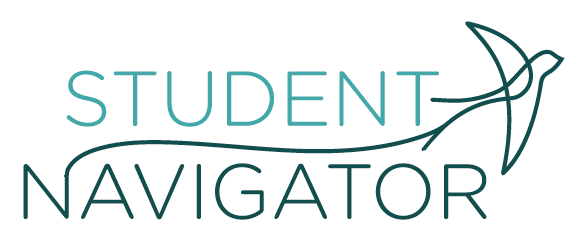My top tips for learning languages. Many people find learning foreign languages difficult and they struggle to keep on top of the vocabulary and grammar, but there are some simple things you can do to improve your skills and develop your competency in another language.
Here are my ten top tips for learning languages:
- Try to regularly watch some tv in your target language to get a feel for the accent and intonation and to help you passively pick up and revise common words. Children’s tv programmes are often accessible without too much technical or specialist language. Peppa Pig, for example is easily found in Spanish and German on YouTube.
- If you are doing A Level or degree-level languages, you can watch live stream News Channels in most languages online to develop your vocabulary. It is also useful to watch documentaries on specific topics on the syllabus to reinforce your learning. For example, programmes on family relationships, politics and immigration are often uploaded to YouTube and the daily French current affairs programme C dans l’air is also online.
- Listen to foreign radio stations in the background when doing other things like tidying, brushing your teeth or hair etc. You can find a variety of foreign radio stations for free online. You don’t need to understand or actively listen to all of it, but by hearing the stream of language you are absorbing the intonation and pronunciation of the speakers. It is also useful to repeat back words and phrases you hear to develop your own accent and pronunciation skills.
- Another one of my top tips for learning languages, is to use a daily app like Duolingo to keep up the momentum and to keep the language fresh in your mind. This can really complement any learning done at school or college.
- For vocab learning, the online flashcard website Quizlet can be really useful. You can upload your own vocab for different topics or search out cards others have already made. You can test your knowledge in test or match mode, where you are timed to match words and their meanings.
- Learning words connected to one another at the same time is another key method of expanding your vocabulary. So, if you learn the adjective ‘slow’, then what is the adverb ‘slowly’ and the verb ‘to slow down’? Or learn synonyms and antonyms together. For example, happy/sad, or angry/furious/cross.
- When preparing for speaking exams, ask a friend or relative to test you by asking random questions so you can answer, or record yourself asking the questions on your phone and then play them back and answer yourself.
- Talk to yourself regularly in the language. Repeat questions to yourself, have a conversation with yourself in the mirror and get used to hearing yourself speak the language to build up your confidence and fluency. You might feel silly at first, but getting used to hearing yourself talking in a foreign language makes speaking exams much less intimidating!
- In writing and speaking practice, try to add in an example of the past and future tense when answering a question. So if you have a question ‘what do you do in your free time?’, then after answering it you can expand to include more information to show your grammar skills: ‘This weekend I will be doing my homework, but last weekend I went to the cinema’.
- The final top tip for learning languages is to really get to grips with the basics of grammar. Focus on sentence structure, word gender and verb conjugations, as these are the core foundations of a language. GCSE Bitesize and online revision guides can really help with grammar explanations and practice activities.
If you have any other top tips for learning languages, get in touch or comment below to share your ideas.
Here at www.studentnavigator.co.uk we offer academic mentoring and coaching to young people studying their GCSEs and A levels. Dr Claire Rutherford-Chapman is one of our secondary mentors who also offers practice French and German speaking tests as well as specialist tutoring. Please get in touch with us today if you would like to speak to us about our services or sign up to our newsletter.

